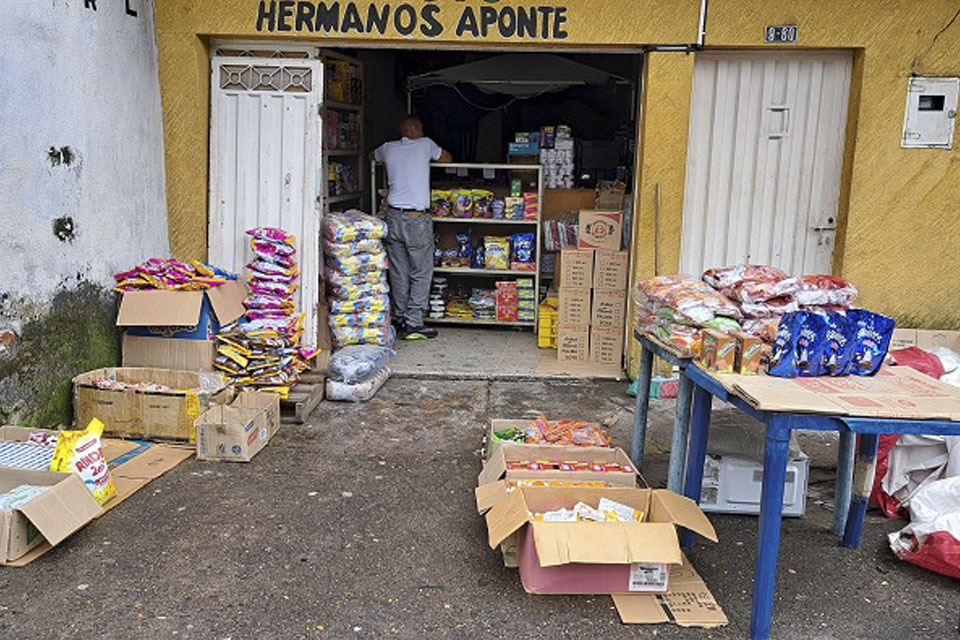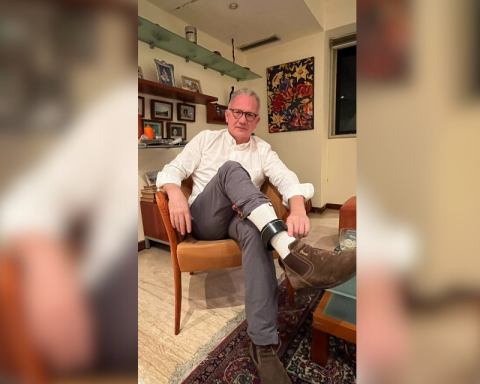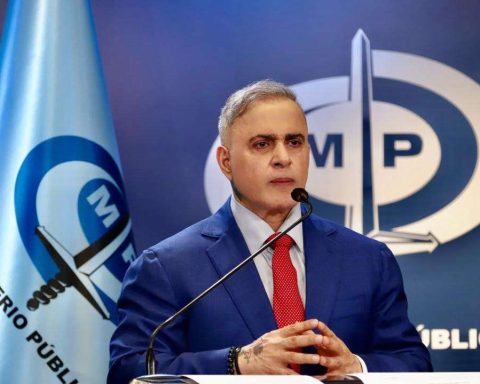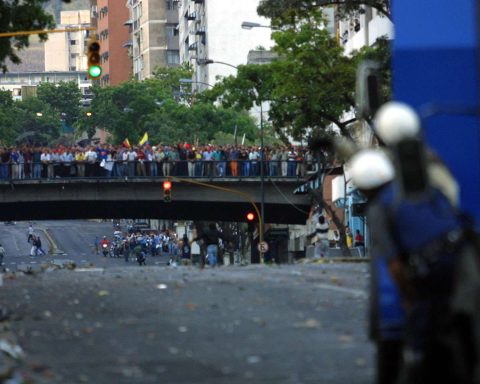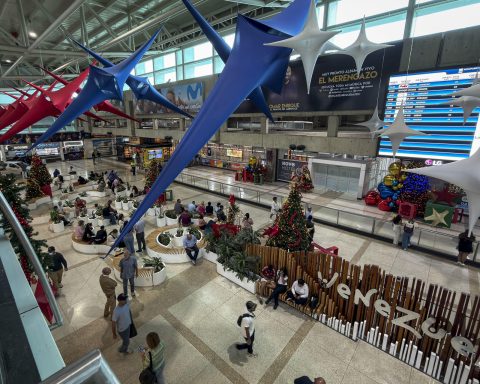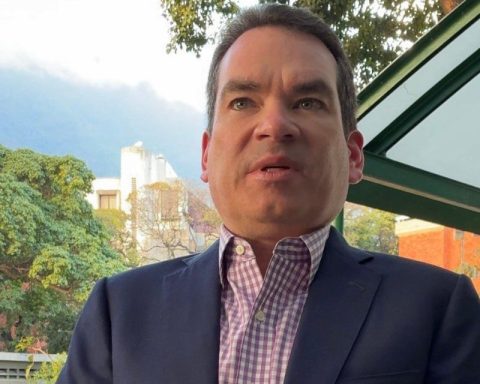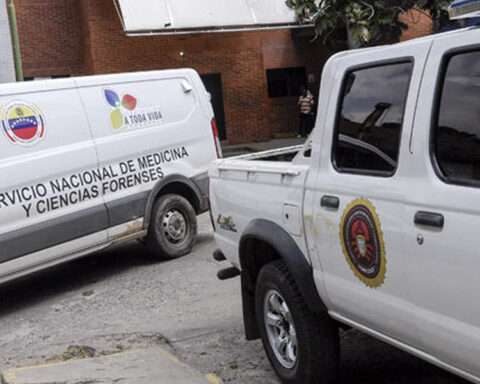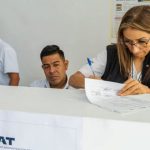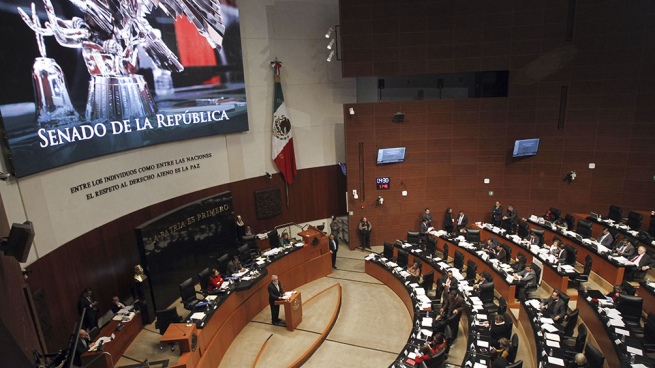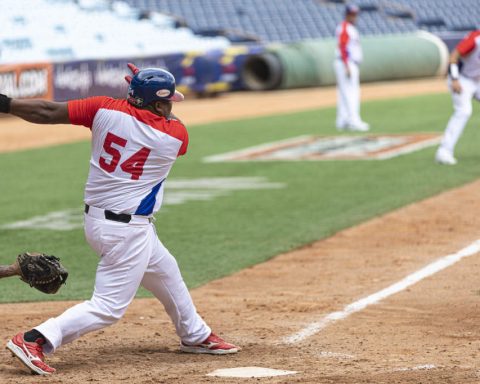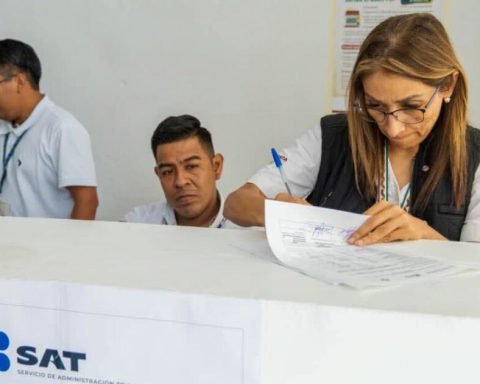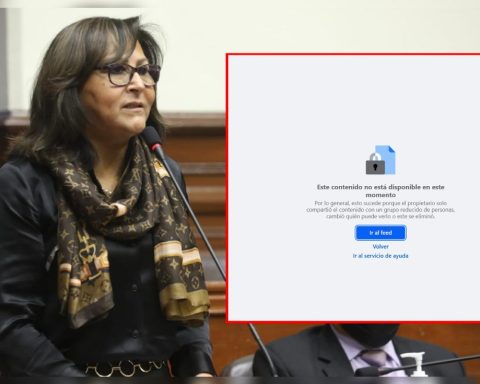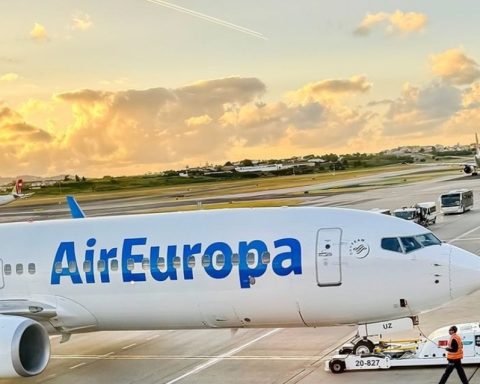The few Colombian products available in Táchira double the market price. While little by little the transit of heavy cargo transport is restored through the Simón Bolívar international bridge
A wide range of foodstuffs and products for Colombian-produced animals are scarce in Táchira markets, because since the commercial border was legally opened, The smuggling of goods that flowed through the famous “trail code” was paralyzed. This occurs at the time that cargo trucks begin to pass through the Simón Bolívar international bridge that connects with Colombia.
In a tour of the wholesale sales of Colombian products located in the La Concordia sector of San Cristóbal, carried out by The opinionit was possible to show that there are few products left for sale.
For example, the various presentations of milk such as the Latti brand, powdered milk of various brands, Postobón soft drinks, Saltitaco cookies, the Speed drink, pre-cooked corn flour, rice, pasta, oil, among many other products, no longer they are achieved, and the merchants who still have them in stock have doubled their prices, stated the information.
The merchants who, weeks ago, displayed in the streets packages of Colombian-produced soft drinks such as Postobón (a brand preferred by the tachirenses), or Pepsi, now they only offer domestically produced soft drinks.
The thousands of kilometers of the border line between Colombia and Venezuela have been full of informal routes called “trochas” through which all kinds of contraband have historically flowed. In this context, for several years, merchants have passed merchandise with an authorization through a “trail code”, granted by a kind of parallel customs in the state.
Lady Mendoza, a seller of wholesale merchandise in the aforementioned commercial area, said that the shortage began to be felt once the border was opened, although it was thought that the situation would improve, He considers that the Venezuelan economy is being affected more because they no longer get the merchandise.
“The merchandise that is being obtained is at a very high price, or people leave it stored in the warehouse because in Peracal they are not letting the merchandise go up,” he said.
He indicated that national factories do not produce enough to meet the consumption of Venezuelans, For this reason, in Venezuela the purchase of Colombian products was adopted, in addition to the fact that they are attractive due to their low price and quality. However, in the wholesale store in Mendoza they have had to reduce staff, because many consumers are not willing to pay 20,000 pesos for a bale of coffee that previously cost 13,000 pesos.
*Also read: ARI INVESTIGATION | The faces of Maduro’s “protector” on the border
No one is up to date with documents
Trying to understand why food shipments are not moving through the international bridges authorized for the import and export of goods, William Aponte, another wholesaler from San Cristóbal, explained that what is happening is that the companies do not have the documents to carry out the processes of legalization of the merchandise, since that great volume of products arrived through the trails.
Now, he said, they must legalize and ask for a series of requirements, and it is possible that a large part of the suppliers do not have documents. “We will have to work with Venezuelan products as it was before, because we must continue paying rent and employees,” she said.
little by little
This Thursday, October 13, Elio, a heavy load driver, was approached by the reporter team of The nationjust when he was crossing the middle of the Simón Bolívar international bridge, with 20 thousand kilos of shoe material.
It is the first time, since the reestablishment of binational trade, on September 26, that the citizen passes through the section with his heavy-duty vehicle.
“I am leaving the free zone with material for shoes,” he said, later detailing that the final destination of the product is the city of Valencia, in the state of Carabobo.
Elio believes that the commercial reopening “is already taking flight with the passage of heavy cargo.” He expressed his surprise to see that a lot of merchandise is arriving in Cúcuta, in Norte de Santander, to be exported to Venezuela.
«By November I imagine that this will be 100% reactive»released with the hope placed in the formal.
On the afternoon of this Thursday, three trucks entered Venezuela, with cargo, while another two left for Colombia, already empty, reported the tachirense newspaper.
Post Views:
426
